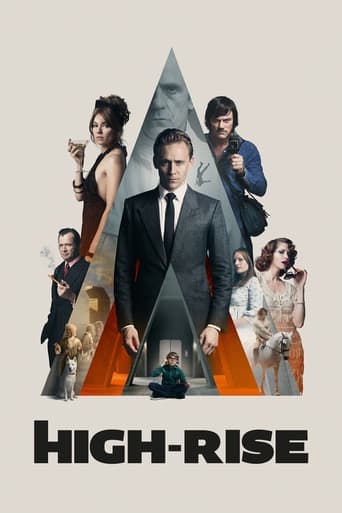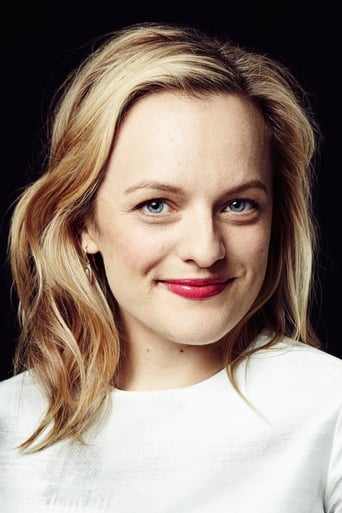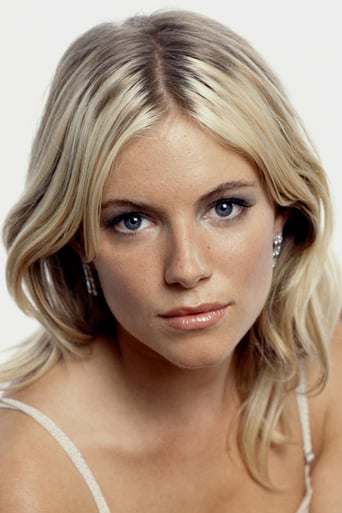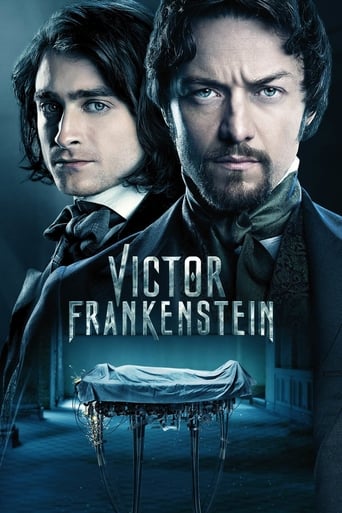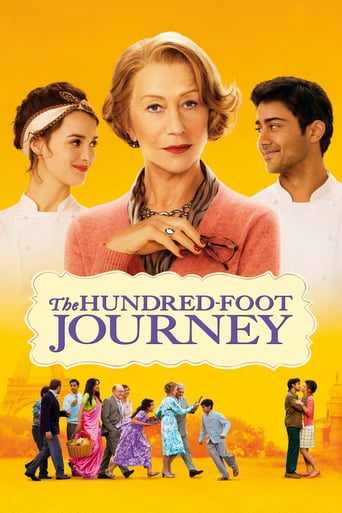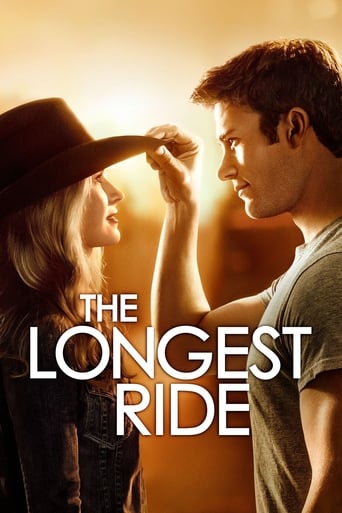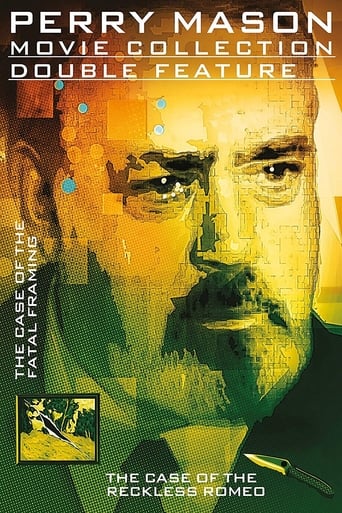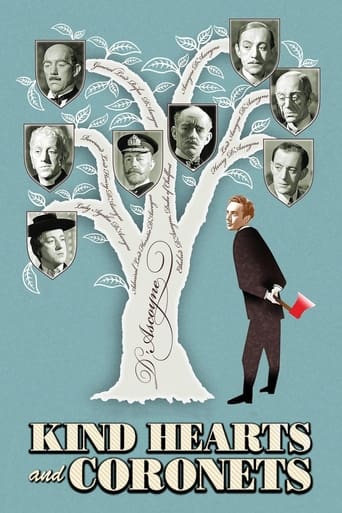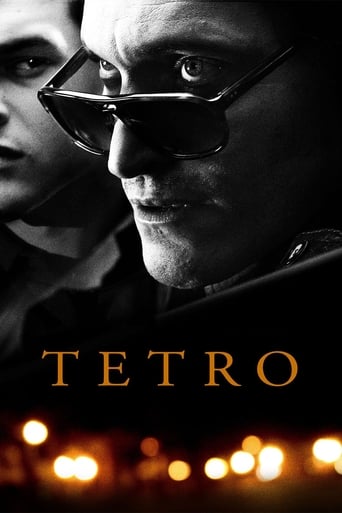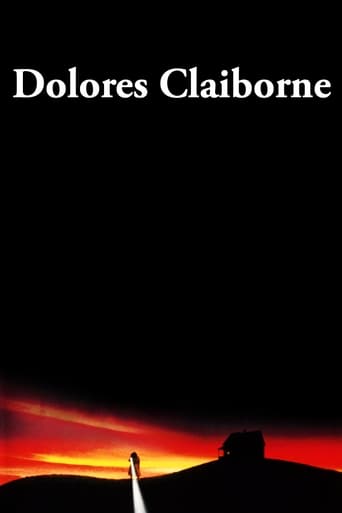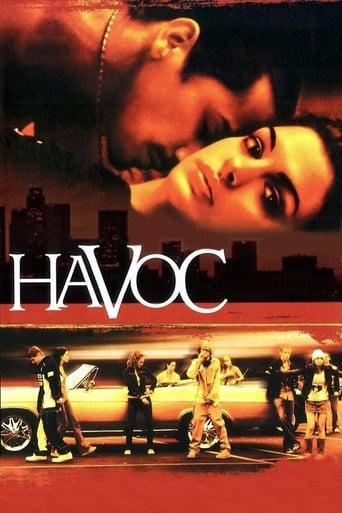High-Rise (2016)
Life for the residents of a tower block begins to run out of control.
Watch Trailer
Cast


Similar titles
Reviews
You have to give this movie a chance. Like you have to give torture a chance.
Gorgeously shot, lovely on many levels, (Im looking at you Big H), but High-Rise fails to deliver even 10% of the distopia that was the novel. The script is shoddy and the edit, at times, incomprehensible. I found the choices of which characters to loose and which were created out of nowhere (or drastically changed) to be based purely on someones idea of what would be "cool" and did nothing to move along the underlying discomfort of the story itself. Female characters are marginalized or changed into catty go-go girls, and the male characters are all brutish before their allotted time. The result is an incomprehensible jumble. Where the novel flows like a putrid river, the film stumbles and shambles about completely missing the (granted) complex social commentary on class structure that J. G. Ballard went to such pains to construct. It IS beautifully shot. Decors are exquisite and the acting is marvelous at times. So, coupons le poire en deux - 5 stars.
High-Rise will eventually be recognized as the first definitive cinematic exploration of where we actually reside in our postmodern world. Radical Autonomy, the ethos of postmodernism, is now the norm of culture. All forms of actual community have been destroyed, especially the cornerstone of all expansive forms of social community, the nuclear family (Yorgo Lathimos' masterpiece, Lobster, focuses exclusively on this element, yet his hero is, unlike Dr. Laing, totally oblivious, but is finding his way haphazardly). And in High-Rise, pregnant Helen is the last woman/person standing in defending this cornerstone, this Alamo of hers in the belly of the Beast (the Building as metaphor for the culture we are now imprisoned in).Helen stands valiantly alone in her battle, a Don Quixote absent the fantastical egotism, staring realistically and directly into the pit of uncompromising alienation all around her, but she will find an ally in the Great Liberator, Dr. Laing, the beating heart of the film, a real glimpse at hope, not sentimental rubbish, revealing the basic failing of postmodernism beneath its clutter of hedonistic excess: a world programmed solely for each individual to get his/her needs met, setting everyone off and against each other in selfish paroxysms.The visionary architect of the film is appropriately named Royal— that's Ayn-Randian Royalty, the fully actualized visionary architect who will, as the greatest autonomous artist in history, restore what is grand, as King and God—towering above all other artists in a ruling progressive "professional class" determined to kill the past to create the future. His determination is to restore the essence of what the Western World sacrificed to gain radical autonomy: true, not pretend, community. That's the heart of the great existential joke of the film, and what makes the film a true postmodern satire of epic proportions, and why each repeated viewing brings on ever more hilarity. For example, it is deemed by the upper- floor residents that children should not be allowed in the pool because they can't control their bladders (the upper classes have actualized their autonomy and simply would not submit to any demands from any other, especially a child, so why even have one?), and every time the cameraman returns to filming the pool, you can see how editors bled yellow into the water where the children swim. Trust me—it does get funnier on every repeated viewing!The professional class (progressives) harnessed most of its power from the psychoanalytic movement, what had Kafka scream, "No more psychology!", and the Psychiatrist of High-Rise, Talbot, clarifies Kafka's concern, a psychology of self- centeredness in the radical promotion of self over everything, including every other, including children ("I can't be there for my child until I get myself together, dammit!"), and including history itself! The basic distinction between a liberal and a progressive is the latter seeks to kill the past to create its vision of a future, independent of all other influences, to make it pure! And the liberal seeks always to remember the past to avoid the existential horrors we get looped around in throughout history! And of all the professionals in the film, Richard Wilder comes closest to being an old school liberal force, but in whose animalistic pursuit of the truth in a concrete jungle turns himself into his own worst enemy, in the end fulfilling the Building's demand that he rape and murder to fully actualize his radical sense of justice! He is assigned by the Building to demote Charlotte who has gotten far too comfortable in her successful orchestrations of parties at all levels of engagement, and why a quick bond develops between her and the protagonist, Dr. Laing, both accomplished navigators, but Charlotte navigates inside the Beast to acquire maximum benefits, and Laing comes from a world of broad knowledge and seeks not only to move comfortably, but to seek restoration of nuts and bolts of true humanity in the process (an attitude glimpsed for flitting moments inside once suffocated tear-drops).Wilder is a man engrossed in a mission to uncover evil and promote the good, but he lives simultaneously in both worlds, the ancient liberal world of honor and fighting doggedly to reveal the truth, and the postmodern world where everyone is out for him/herself, and damn the truth in process!, and in his animal pursuit of truth and justice, he is taken over by the malevolence of the Building, and finally realizes the Building (postmodern culture) was always more powerful than he, and his dark side ends in manifesting absolutely in the power he utilizes to defeat the Building! Wilder more than anything wants to win, and so he ends in sacrificing his wife and children and his very humanity for this bold adventure into wining, not loving.Dr. Laing is the postmodern warrior par excellence. He not only has embraced his Iliad, but ignores an Odyssey (no home to return to). Charlotte chooses for Laing when she throws the picture of him and his dead sister to the floor, the last remnant of Laing's delusory clinging to a world that has passed away. He will not be conned by any peripheral, especially from the "progressive class" and its relentless Kantian maze of dysfunctional morality and ethics, although because he and Royal are both absolute visionaries, they share an affection for each other in this regard. But Laing, like Helen, is no Don Quixote trapped in egotism. He is willing to strip away every peripheral to arrive at the nuts and bolts of what is truly true about the human condition. Wilder gave him all he knew, and so did Charlotte and Royal and everyone else, and now it is left to Laing who knows where the heart of restoration begins, with everyone loving the baby born into a genuine community, the first incipient model of nuclear family restoration unto fully actualized community.
As I watched "High-Rise" I couldn't help wondering how they got the money for it. That must have been some pitch.I found the film buried deep in Foxtel Australia's Masterpiece Channel, but I'm beginning to think 'Masterpiece' is a destination for films that are impossible to categorise.A brief synopsis doesn't really prepare one for this film.A stressed-out doctor (Tom Hiddleston) buys an apartment in a supposedly state-of-the art, high-rise complex. He becomes embroiled in a warped "Animal Farm" existence with a class structure more or less dependent on what level of the tower block one lives on. Anarchy, and then chaos ensues as everyone parties maniacally while the facilities of the building begin to fall apart.Sound intriguing? Then you probably haven't seen the movie.It's like a mad cross between the films of Terry Gilliam and Peter Greenaway. There were sound pillars on which to construct "High-Rise" including likable actors: Tom Hiddleston with charm to spare as the doctor, and Jeremy Irons exuding gravitas as the architect who designed the building. Gorgeous Sienna Miller is also in it, but she is hard to recognise under dark hair, dirt and dried blood - I could never love a movie that treated her like that.The film has a classy score by Clint Mansell and brilliant special effects, but did J.G. Ballard's prose actually seem all that filmable? Brecht claimed that, "Art is not a mirror to hold up to society, but a hammer with which to shape it". All the hammer does in "High-Rise" is beat your brains out.And the smoking. I haven't seen that much cigarette smoking by actors this side of the millennium - it is truly breathtaking in more ways than one."High-Rise" not only failed to expand my cinematic horizons, but it also committed the cardinal sin for a film - it's tedious. At two hours, it takes a long time to make any point at all.

